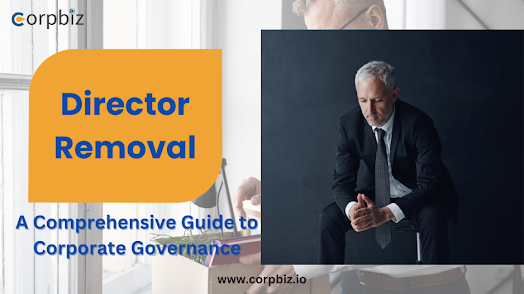Food Recycling License: The Key to a Sustainable Future
Food waste is a major problem in India. According to the Food and Agriculture Organization of the United Nations, India generates about 67 million tonnes of food waste every year. This food waste could be recycled to produce compost, biogas, and other valuable products.
A Food Recycling License is a permit that allows businesses to
collect, transport, and recycle food waste. The license is issued by the State
Pollution Control Board (SPCB) or the Pollution Control Committee (PCC).
To obtain a Food Recycling License,
businesses must meet certain requirements, such as:
- Having a proper
waste management plan
- Having the
necessary equipment and facilities
- Complying with
the SPCB or PCC regulations
The application process for a Food Recycling License varies from
state to state. However, the general steps involved are:
1.
Submit an application form to the SPCB or PCC.
2.
Provide information about your business, such as your address, the
type of food waste you will be recycling, and your waste management plan.
3.
Pay the application fee.
4.
Have your premises inspected by the SPCB or PCC.
5.
Obtain the Food Recycling License.
The Food Recycling License is valid for a period of five years. To
renew the license, businesses must reapply and pay a renewal fee.
Here are some of the benefits of having a Food Recycling License:
- It allows you to
collect and recycle food waste, which helps to reduce pollution and
conserve resources.
- It can give you
a competitive advantage over businesses that do not have a Food Recycling
License.
- It can help you
to obtain financing for your business.
- It can help you
to attract new customers.
Here are some of the penalties for operating a food business
without a Food Recycling License:
- You may be fined
up to ₹50,000.
- You may be
imprisoned for up to three months.
- Your business
may be closed down.
The Food Recycling License is an important document that helps to
promote food waste recycling in India. By obtaining a Food Recycling License,
businesses can play their part in reducing pollution and conserving resources.
Here are some additional things to keep in mind when obtaining a
Food Recycling License:
- The SPCB or PCC
may require additional information or documentation, such as a waste audit
report.
- The application
fee may vary depending on the state.
- The Food
Recycling License is valid for a period of five years, but it must be
renewed every five years.
If you have any questions about the Food Recycling License, you
can contact the SPCB or PCC in your state.
Here are some of the ways to recycle food waste:
- Composting:
Composting is the process of breaking down food waste into organic matter
that can be used to improve soil quality.
- Anaerobic
digestion: Anaerobic digestion is the process of breaking down food waste
in the absence of oxygen to produce biogas, which can be used to generate
electricity or heat.
- Incineration:
Incineration is the process of burning food waste to produce heat or
energy.
- Landfilling:
Landfilling is the process of burying food waste in a landfill.
The best way to recycle food waste depends on the specific
circumstances. For example, composting may be the best option for
businesses that generate a lot of food scraps, while anaerobic digestion may be
the best option for businesses that generate a lot of food waste that is high
in moisture.
By recycling food waste, businesses can help to reduce pollution,
conserve resources, and create a more sustainable future.

Comments
Post a Comment